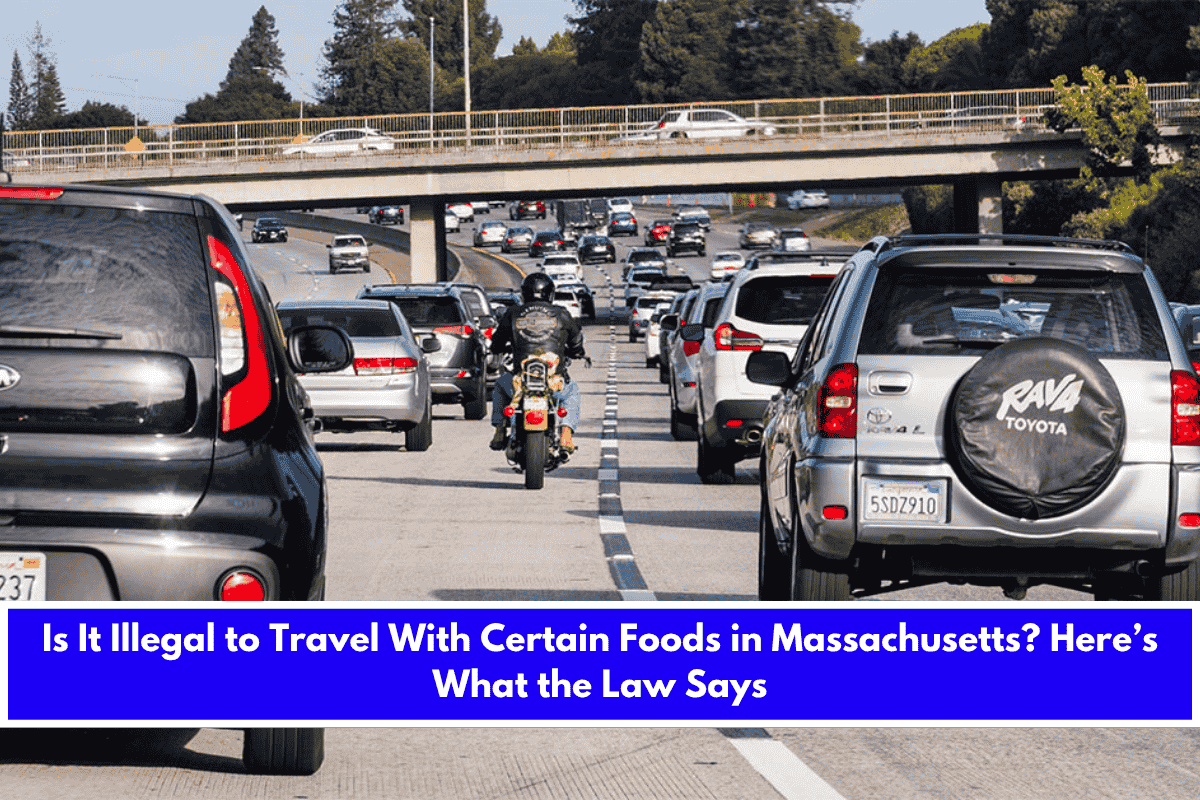Traveling with certain foods in Massachusetts—whether by car, train, or other ground transport—is generally not illegal under state law unless you are engaged in commercial sale or distribution. However, there are important restrictions and requirements, especially for food vendors, that you should be aware of:
Key Points for Travelers and Vendors
Personal Consumption:
- If you are traveling within Massachusetts and carrying food for personal use (not for sale or distribution), there are no state laws prohibiting you from transporting most foods.
- Exceptions may exist for certain banned or restricted foods (such as Kinder Surprise Eggs, which are banned nationwide due to FDA regulations, not just in Massachusetts).
Commercial Transport and Sale:
- Mobile Food Establishments (Food Trucks, Vending Carts):
- Must obtain permits from each municipality where they intend to operate.
- All food must come from approved sources; home-canned or home-cooked foods are not allowed for sale from these establishments.
- Meat and poultry must be from USDA or other government-regulated sources.
- Food and related items may only be stored on the secured mobile unit, at the servicing area, or at a commercial establishment; private homes are not allowed for storage.
- Farmers Markets and Temporary Events:
- Vendors may sell certain foods (like raw finfish, shellfish, and wine) if they have the proper permits and comply with state and local regulations.
- Mail order sales from residential kitchens are prohibited for interstate commerce, and out-of-state residential kitchen foods are not considered approved sources.
Foods Banned or Restricted in Massachusetts:
- Kinder Surprise Eggs: Banned nationwide due to FDA regulations.
- Époisses Cheese: Banned in the U.S. if made from unpasteurized milk under 60 days old.
- Other Restricted Foods: Some foods like Stornoway Black Pudding, Beluga caviar, shark fins, and Japanese pufferfish are highly restricted or banned for sale or import.
Air Travel Considerations:
- While not specific to Massachusetts, if you are traveling by air (even within the state), you must follow TSA rules. Liquids, gels, and certain foods may be restricted or confiscated in your carry-on baggage if they exceed the allowed volume or are considered hazardous.
- Fresh fruits and vegetables may be restricted when crossing state or international borders to prevent pest or disease spread.
Summary Table
| Situation | Legal in Massachusetts? | Notes/Requirements |
|---|---|---|
| Personal travel with food | Yes | No state law against it; check for banned items |
| Commercial sale from food truck | With permit | Permit required; food from approved sources only |
| Home-canned/cooked food for sale | No | Not allowed for commercial sale |
| Kinder Surprise Eggs | No | Banned nationwide by FDA |
| Époisses Cheese (under 60 days) | No | Banned by U.S. dairy regulations |
| Air travel with certain foods | Varies | Follow TSA rules; some foods restricted or banned |
Traveling with food for personal use in Massachusetts is generally legal, but selling or distributing food requires strict compliance with state and local regulations, including proper permits and approved food sources.
Certain foods are banned or restricted for sale or import, mainly due to federal regulations. Always check for any updates or specific restrictions before traveling or selling food.
Sources:
- https://www.mass.gov/info-details/mobile-food-establishment-questions-and-answers
- https://www.tsa.gov/travel/security-screening/whatcanibring/food
- https://www.law.cornell.edu/regulations/massachusetts/105-CMR-500-007
- https://www.cbp.gov/travel/us-citizens/know-before-you-go/prohibited-and-restricted-items











Leave a Reply